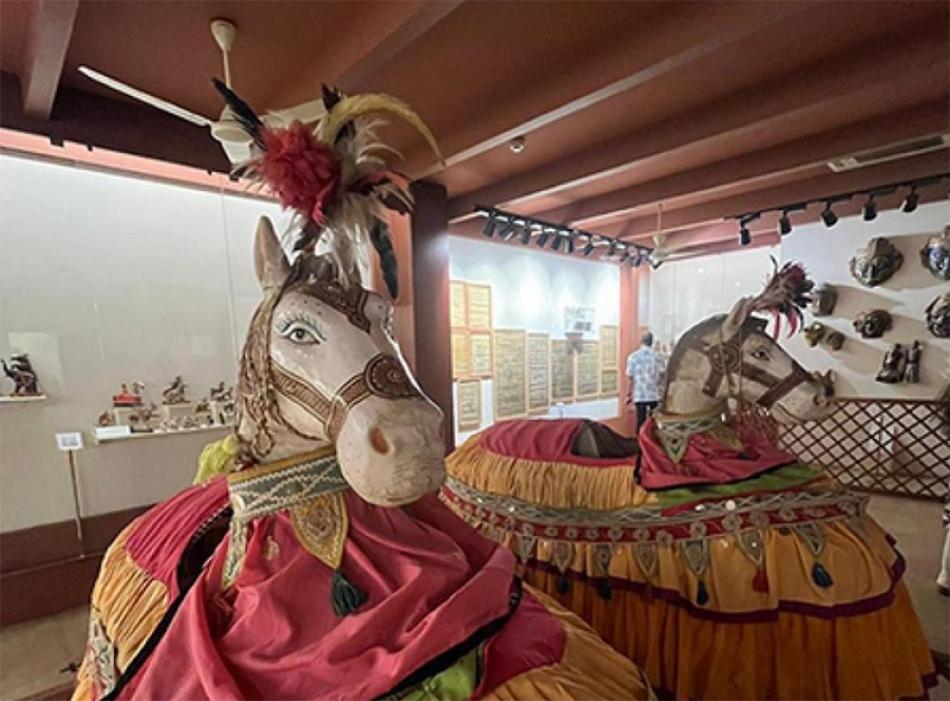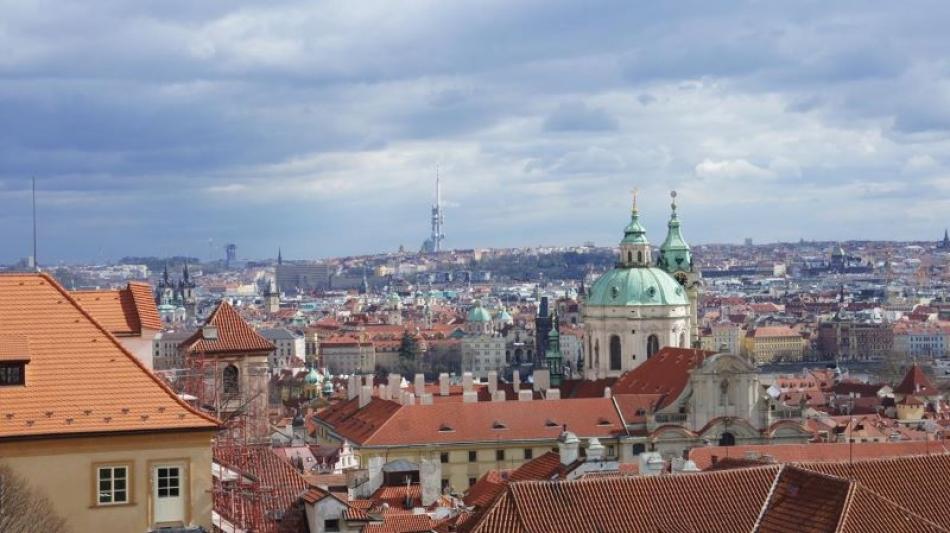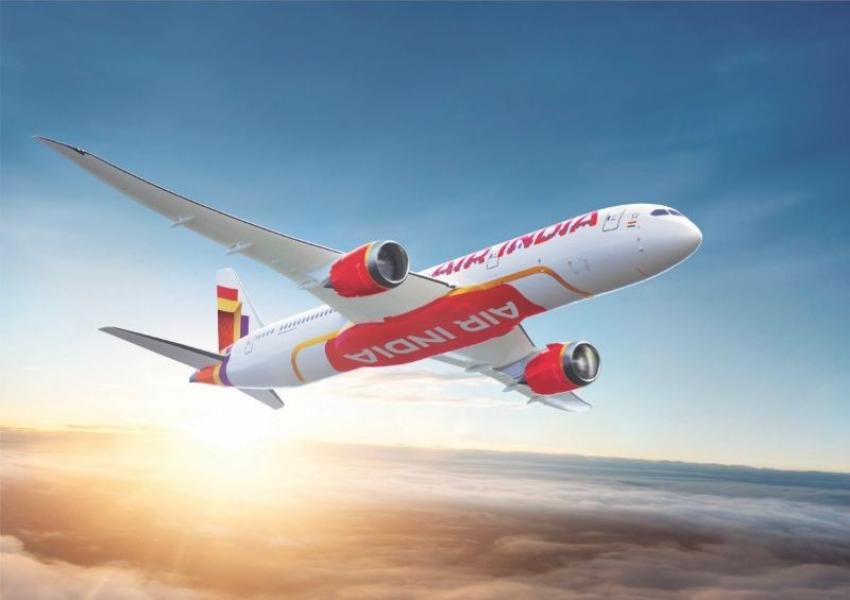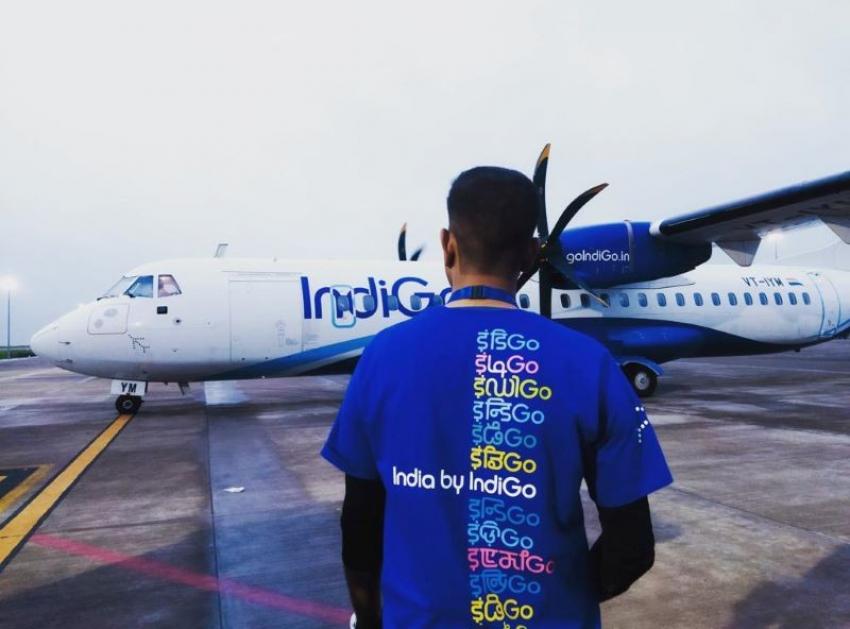Afghanistan Analysts Network (AAN) 19 Apr 2014, 03:03 pm
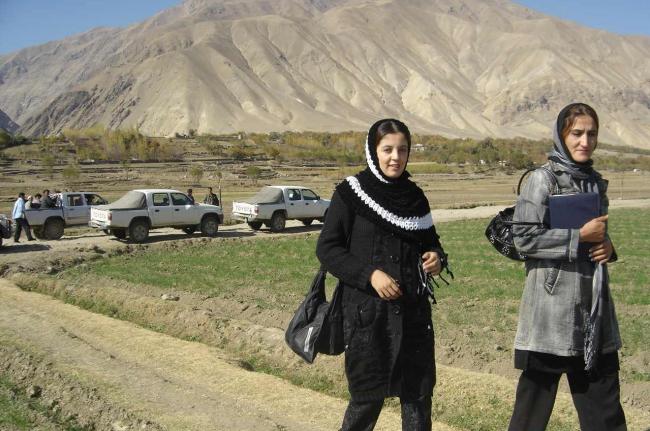
Truck poem image by writer Borhan Osman
I am chasing you like a drone
You have become al Qaida;
there’s no trace of you
Trucks painted in vivid colours and lettered with poems like the one above, which has borrowed the terms of war to describe love, are part of the “cultural landscape” along the dusty roads of Afghanistan, especially the south and east. The verses are read by passers-by, discussed in homes and shops, and often resonate within the hearts of the Afghan people. They reflect the thinking and perceptions of usually illiterate and largely tribal people, mainly Pashtuns. Themes range from tribal honour, politics and religion to war, love and homesickness.
To alleviate the stress of travelling on bumpy dirt roads, I have always amused myself by reading the inscriptions on the backs of the vehicles travelling along the roads in south-east Afghanistan. The trucks, and to a lesser extent buses and vans, bear on their bodies all sorts of short messages: greetings, prayers, proverbs and quotes from famous movie characters. Most often, however, they bear poems.
The verses are both entertaining and instructive. They provide a vivid insight into what the truckers and their “readers” consider important in life. Vehicles become a medium for public expression, a means to propagate feelings and opinions.
Most of the poems found on the trucks are in the form of landay, a type of non-rhyming couplets in Pashto folk poetry. In most cases, readers never learn who made them. The authors remain anonymous, but their words are passed on for ages. They have often been rhymed by illiterate story-tellers and poets, also women, worlds apart from the truckers who finally pick them up to adorn their vehicles. They traditionally reflect everyday occurrences and perceptions of love, faith and honour or the wandering life of the truckers. However, today, of course, they also touch upon current political issues and the on-going war.
The verses about love provide some insight into the way love is practiced in most rural Pashtun areas the truckers call home. The experience of love is often told as a story of separation and suffering, mirroring the traditional separation of the sexes in reality. In the following verse, the strong metaphor of jumping out of a grave to see the face of the darling illustrates that the poet thought he would never see her again in real life:
I’ll shatter the coffin and tear up the shroud
If I know my beloved is visiting my grave
Although romantic love is considered something private in Pashtun society, as a value it is strong enough to become an excuse for breaching laws – for example, the traffic rules. Look at this example (that shows some sense of humour of the unknown poet):
Don’t be upset if I take a wrong turn
I am late visiting my beloved
Meetings between lovers in the rural settings of the Afghan society are seldom possible and getting a glimpse of her or him from afar is considered a blessing. This landay represents the attempt of a countryside girl to communicate with her lover who is a trucker:
Make a mark on your vehicle for me
Last night, I waved to a wrong one
The love poetry of popular Pashtun literary figures, such as the eighteenth-century warrior poet Khushal Khan Khattak and his contemporary, Sufi poet Rahman Baba, are also featured widely on trucks and buses:
If there is no bad intention in your mind, oh Rahman
There is no sin in looking at a beautiful face
Or this one, also from Khushal Khan Khattak:
Me, Khushal, am not so weak to be afraid
I announce it aloud that she gave me a kiss
Romantic love aside, the love of the homeland and patriotism are other important topics covered by the poetry in motion. During my childhood, I frequently saw these verses by Afghanistan’s founder, Ahmad Shah Abdali, on buses and trucks:
I forget the throne of Delhi,
When I remember the mountain tops of beautiful Pashtunkhwa
Everyone’s homeland is Kashmir
To me, the deserts and mountains of the homeland is my Kashmir
Another recurring motif is religion. Remarkably, verses that used to be mostly about the love for the Islam are becoming increasingly politicised, even militarised:
Tell whatever you want to tell me, but don’t touch my Islam
I have won it from the enemies with my blood
This verse, of a rather socio-religious nature, laments that the youth are being tempted by material goods at the cost of religion:
The virgins in heaven burst into tears
[For] the youth having sold their faith for dollars
Another verse I found on the way to Khost goes in the same direction. It criticises the trend among the youth for learning English and modern sciences, which are perceived to “undermine” Islamic teachings:
You memorised no word from Quran
Azriel never speaks English
The honour-related poems I have collected often comment on the resistance against foreign enemies or the defence of Pashtun values. Many also promote values for living together in a peaceful, humane society. Below are four different couplets found on trucks:
An honourable man shares pains with others
The dishonourable wander free of responsibility
One who has not cried any tears in his life
He has no senses to feel the despair of others
I have no history of dishonour
Oh, son of the Afghan, only honour befits you
Let the foxes enjoy freedom
Lions are always held in chains
The last verse includes a veiled praise for “freedom fighters” caught and detained by foreign troops. The lion is a symbol of bravery while the fox symbolises cowardice.
This threat to the world’s super power, most likely meaning the United States, well describes the code of honour among Pashtuns when it comes to revenge or defence of the homeland. There is no boundary to what an Afghan or Pashtun will try – even tackling the “Pharaoh of the time”:
If I didn’t sink the Pharaoh of the time, I wouldn’t be a torrent
If I fail to take revenge, I wouldn’t be an Afghan
Since international actors stepped on the scene over a decade ago in the form of troops or the aid community, they have also increasingly appeared in the truck poetry. However, related verses are mostly negative. A truck from Pakistan bore these lines about the international community’s “dishonesty” towards rebuilding efforts in the poet’s Pashtun homeland:
The claims about the world’s prosperity are all false
As long as the homes of Pashtuns are in ruins
The first line could also be read this way:
The claims of the world that it rebuilds (Afghanistan) are all false
The notions here play to the feeling that Pashtuns are ignored in the efforts of nation-building.
The West’s “hypocrisy” is also criticised in another couplet found on trucks in the south of Afghanistan, the heartland of poppies. The lines emphasise the wide-spread Afghan perception that the West has double standards by banning drugs while producing en masse other harmful products such as tobacco and arms:
We, the farmers, would give up the opium deals
You, too, have to stop producing the cigarettes and weapons
All these notions – the praise for detainees, the sense of betrayal, the double-standards of the West, the threat towards the ‘Pharaoh’ to take revenge – convey the overwhelming anger and disappointment this specific segment of Afghan society feels.
In general, it becomes clear that poetry and literature did not escape the impacts of the decades-long war. This feels startling, when the beauty of love is described with words borrowed from the lethal tactics of the on-going war. The couplet we opened with was a good example. Drones-and al-Qaeda become metaphors to denote an indefinite absence or disappearance of one’s lover:
I am chasing you like a drone
You have become al Qaida; there’s no trace of you
And this one, to close with:
I’ve attached my heart, the bomb, to your eyes, the remote control
Please wink once for martyring me
- From Kennedy’s Proposal to 1850s Saloons: The Three Historic D.C. Restaurants Everyone Must Try
- This city has the best bagel in the US, and it’s not New York!
- I escaped to Pachmarhi — what I found in the queen of Satpura left me spellbound
- Air Canada just ranked the Best New Restaurants of 2025 - And the Top Spot isn't who you think
- Rediscovering Arunachal's Monpa Cuisine: One Woman’s Millet Momo Revolution
- Discovering Heritage: A visual journey through Odisha crafts museum Kalabhoomi
- From kebabs to biriyani: Lucknow gets UNESCO honour for its royal cuisine
- Delta takes Spanish flavours to the skies
- Kolkata’s iconic Kathi Roll among world’s top 10 wraps: TasteAtlas
- Yellow Taxis and the Colours of Puja
Air Canada has introduced a new non-stop route connecting Toronto with Rio de Janeiro, with the first flight landing in the Brazilian city on Friday morning.
Air India, India’s leading global airline, and Maldivian, the national airline of the Maldives, have entered a bilateral interline partnership aimed at boosting connectivity between the two countries.
IndiGo, India’s largest airline, is grappling with one of its most severe operational crises in recent years, with widespread flight delays and cancellations disrupting travel across the country for a second consecutive day.

